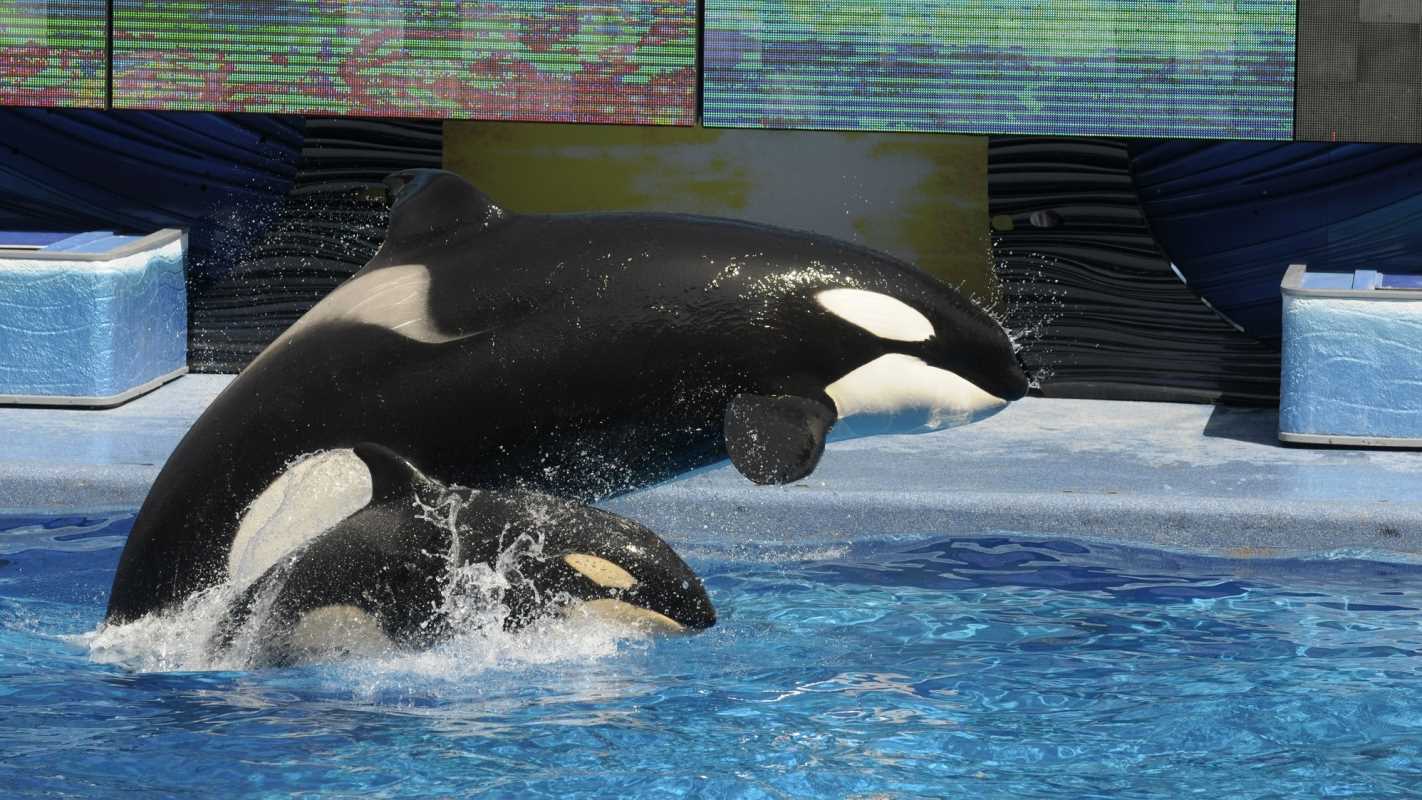All documentaries tell a story, but only some ignite change. These films educate, inspire, and rally audiences around social issues that demand attention. Streaming has made it easier than ever to access powerful, thought-provoking documentaries that shine a light on injustice, the environment, and the struggles of marginalized communities. Many have gone viral, not just for their gripping narratives but for the movements they inspire. Below, we’ll explore some of the most impactful streaming documentaries and how they’ve fueled real-world change.
The Social Dilemma (2020)
The Social Dilemma takes a hard look at how social media platforms influence behavior through algorithms, addiction, and manipulation. Featuring interviews with former executives and engineers from companies like Facebook, Twitter, and Google, the film pulls back the curtain on how these platforms profit from polarizing content and mental health crises.
This documentary went viral for its stark depiction of how deeply technology infiltrates our everyday lives. It sparked important conversations about the effects of social media on mental health, democratic systems, and human relationships. The film inspired digital detox movements, with many viewers deleting social media accounts or setting firmer boundaries with their tech usage. Activists, educators, and legislators alike have used The Social Dilemma as a rallying cry to advocate for ethical reforms in tech industries.
Seaspiracy (2021)
With jaw-dropping cinematography and bold investigative journalism, Seaspiracy pulls viewers into the hidden world of commercial fishing and its devastating impact on marine wildlife and ecosystems. The documentary reveals the realities of overfishing, pollution, and corruption within the global seafood industry.
Seaspiracy raised questions and sparked heated debates worldwide. Environmentalists praised it for shedding light on important issues. Critics pointed out potential oversimplifications. Regardless, it inspired millions of viewers to reconsider their dietary habits, and many committed to eating less seafood or eliminating it altogether. Organizations dedicated to ocean conservation saw a surge in support, and discussions around overhauling national fishing policies gained momentum after the film’s release.
13th (2016)
Directed by Ava DuVernay, 13th is a powerful exploration of systemic racism in the United States, focusing on the criminal justice system. The title refers to the 13th Amendment, which abolished slavery "except as a punishment for crime." This loophole, DuVernay argues, has allowed structures of oppression to persist through mass incarceration.
The film uses personal stories and staggering statistics to highlight the racial disparity in the U.S. prison system. It became a key educational resource during the 2020 resurgence of the Black Lives Matter movement. Activists often referenced the 13th Amendment while pushing for criminal justice reforms and advocating to end cash bail. Many organizations and schools used the documentary to facilitate deeper discussions about racial inequality and the need for systemic change.
My Octopus Teacher (2020)
This heartwarming documentary follows filmmaker Craig Foster as he builds a unique bond with an octopus in its underwater world. What begins as a personal project turns into a profound exploration of the intelligence, resourcefulness, and vulnerability of marine life.
After winning an Academy Award for Best Documentary, My Octopus Teacher sparked a wave of appreciation for marine ecosystems. People were drawn not just to the octopus’s story but to the urgent need to protect fragile underwater habitats. Conservation groups like the Sea Change Project, which Foster helped establish, gained more attention and funding. Many viewers reported a newfound commitment to ocean stewardship, such as participating in beach cleanups or supporting sustainable fishing practices.
He Named Me Malala (2015)
This inspiring documentary shares the story of Malala Yousafzai, a Pakistani teenager who became a global advocate for girls’ education after surviving a near-fatal attack by the Taliban. Through Malala’s voice and experiences, the film explores the barriers millions of girls face in accessing education around the world.
Malala’s story had already captured worldwide attention, but this documentary brought her activism to countless new audiences. It strengthened support for global education initiatives and drove donations to the Malala Fund, which continues to champion education for girls in underserved regions. The film amplified understanding of how education transforms lives and motivated many individuals to get involved in advocacy efforts.
Cowspiracy (2014)
Cowspiracy dives into the environmental impact of animal agriculture, exposing its role in deforestation, water waste, and greenhouse gas emissions. It highlights how the meat and dairy industries contribute far more to environmental degradation than people realize. It also made the viewer question why this isn’t a bigger focus for environmental organizations.
The documentary struck a chord with viewers worldwide, inspiring many to adopt plant-based diets or reduce their meat consumption. Veganism experienced a significant boost in popularity after the release of Cowspiracy, with many crediting the film as their turning point. The ripple effect extended to educational institutions, businesses, and governments reconsidering how food systems affect climate change.
I Am Greta (2020)
This documentary follows climate activist Greta Thunberg’s rise from a solitary school strike to becoming the face of a global climate movement. Through candid behind-the-scenes footage, I Am Greta shares her uncompromising dedication to holding world leaders accountable for their inaction on climate change.
Greta was already a well-known figure before the documentary's release, but the film helped deepen public understanding of her mission, struggles, and determination. Its release reinvigorated climate activism, encouraging young people around the world to join campaigns and strikes demanding environmental action. The documentary also raised awareness about the psychological toll of climate anxiety on activists like Greta, making the movement’s challenges feel even more human.
Forks Over Knives (2011)
This groundbreaking documentary examines how whole-food, plant-based diets can prevent and even reverse chronic diseases like heart disease, diabetes, and cancer. Featuring scientific research, personal success stories, and expert interviews, Forks Over Knives advocates for a radical rethink of how we eat for health and sustainability.
The film spurred a major cultural shift toward plant-based living. Health-conscious food blogs, products, and recipe books aligned with its message, and many people began exploring meat-free options to improve their well-being. Beyond its dietary inspiration, Forks Over Knives continues to influence how we look at healthcare and prevention through lifestyle changes.
The True Cost (2015)
Fast fashion is the focus of this powerful documentary, which uncovers how cheap clothing comes at a steep price for workers and the environment. The True Cost investigates the exploitative practices behind the fashion industry, from sweatshop labor to the environmental devastation of textile waste and toxic dyeing processes.
The film prompted many viewers to rethink their shopping habits entirely. Organizations promoting ethical fashion gained followers, and secondhand shopping experienced a boost in popularity. Concepts like a capsule wardrobe, sustainable materials, and fair trade became more mainstream, partly thanks to The True Cost.
Blackfish (2013)
Blackfish is one of the most influential environmental documentaries of all time. The film examines the unethical treatment of killer whales in captivity and the devastating psychological impact on both the animals and their trainers. Its focus on SeaWorld’s practices led to one of the most notable viral backlashes against a corporation.
The response to Blackfish was immediate and massive. Public pressure forced SeaWorld to end its orca breeding program and rebrand its business model. The film also brought attention to broader issues in animal welfare, leading to changes in how zoos, aquariums, and circuses operate worldwide.
 (Image source: Magnolia Pictures/CNN Films)
(Image source: Magnolia Pictures/CNN Films) 




